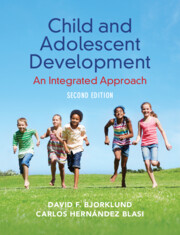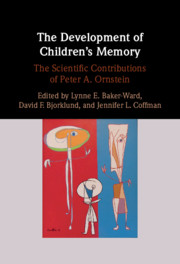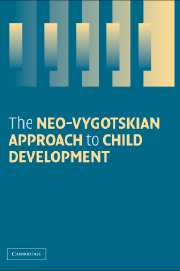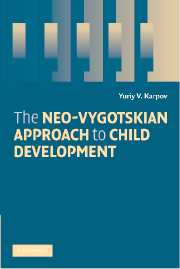Child and Adolescent Development
Only when we fully appreciate the origins and foundations of child and adolescent behaviors will we succeed in uncovering why they do what they do. By emphasizing evolutionary viewpoints of human psychological development, this textbook explains the fundamental underpinnings of young minds and how they grow. New chapters on the biological basis and cultural context of development introduce students to dynamic new debates in the field. The integrative, topical approach incorporates the perspectives that guide today's practitioners and gives students a holistic and up-to-date understanding of development. Box features highlight key debates, Section Reviews reinforce essential points, and “Ask Yourself” questions and end-of-chapter exercises encourage engagement and extend learning, supporting and enhancing student understanding. Revised and updated throughout, this comprehensive, topical textbook uniquely integrates the central themes of modern developmental theory – developmental contextualism, sociocultural perspective, and evolutionary theory – in a strong, theoretical introduction to child and adolescent development.
- Provides a comprehensive, topical approach to child and adolescent development from an integrated evolutionary, cultural, and contextual perspective
- Emphasizes evolutionary and sociocultural viewpoints of human psychological development
- Packed with pedagogical features such as learning objectives, clear and concise section reviews, in-chapter questions, end-of-chapter exercises, box features, and a glossary of key terms
Product details
February 2026Hardback
9781009363556
650 pages
280 × 216 mm
Not yet published - available from February 2026
Table of Contents
- Preface
- Part I. The Foundations of Development:
- 1. Introduction to child and adolescent development
- 2. The biological basis of development
- 3. The cultural context of development
- 4. Prenatal development, birth, and the neonate
- 5. Physical development
- Part II. Cognitive Development: Becoming a Problem Solver:
- 6. Infant cognition
- 7. The symbolic child
- 8. Understanding self and others
- 9. Problem solving and memory
- 10. Language development
- 11. Intelligence and school achievement
- Part III. Social Development: Becoming a Social Being:
- 12. Emotion, temperament, and personality development
- 13. Parent-child relationships: attachment and parenting
- 14. The family and other contexts of socialization
- 15. Life with peers
- 16. The development of sexuality and gender identity
- Glossary
- References
- Index.







